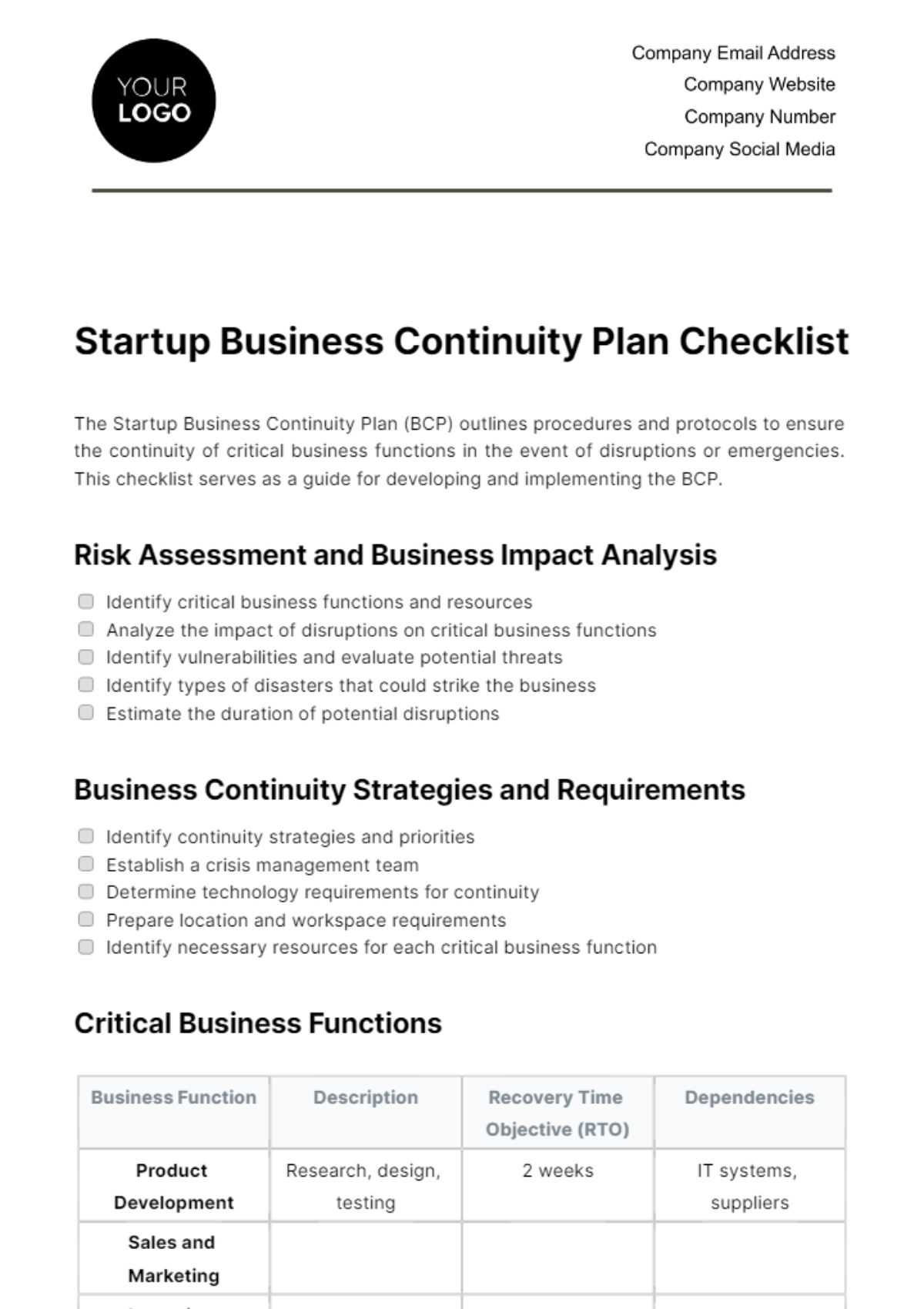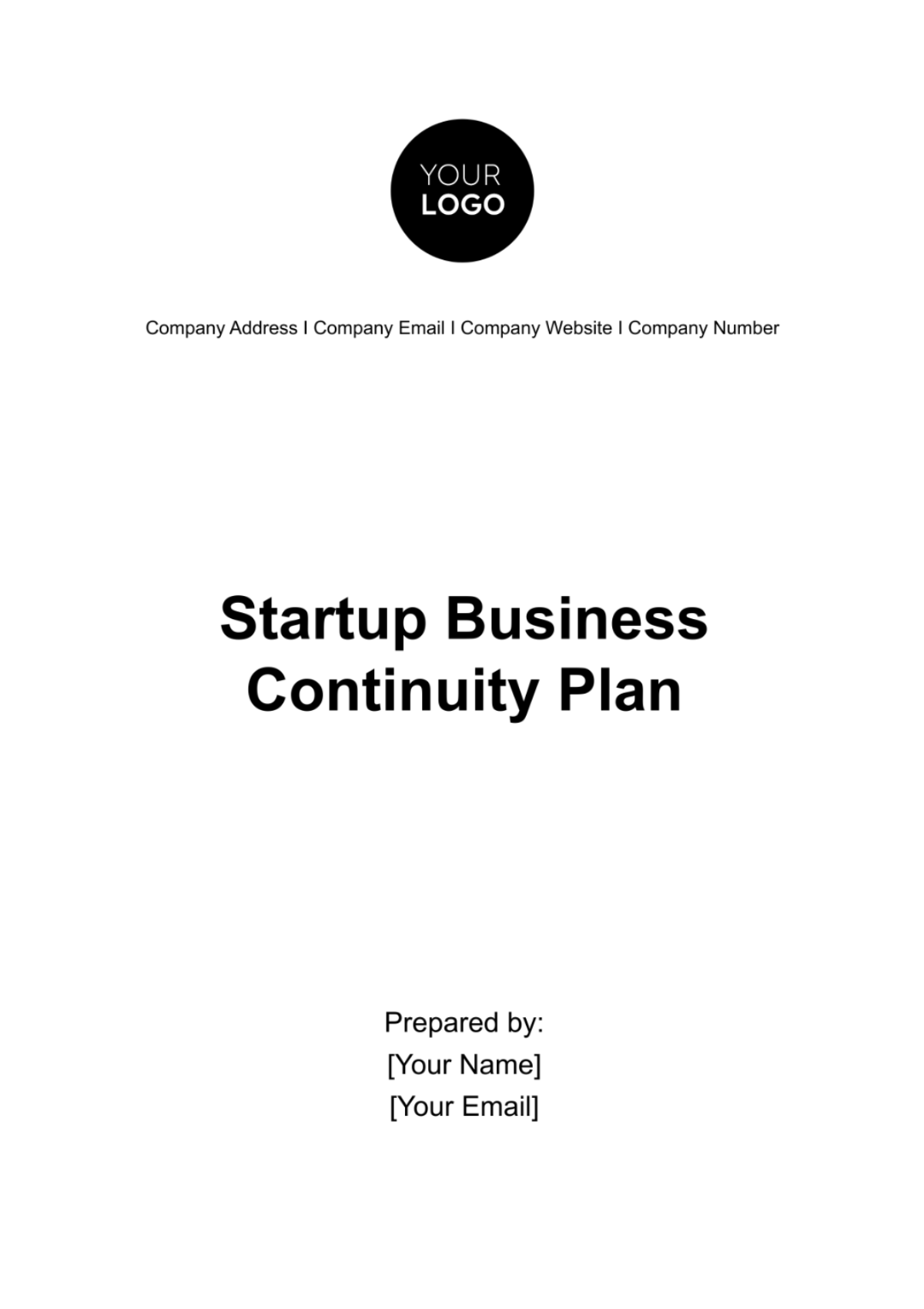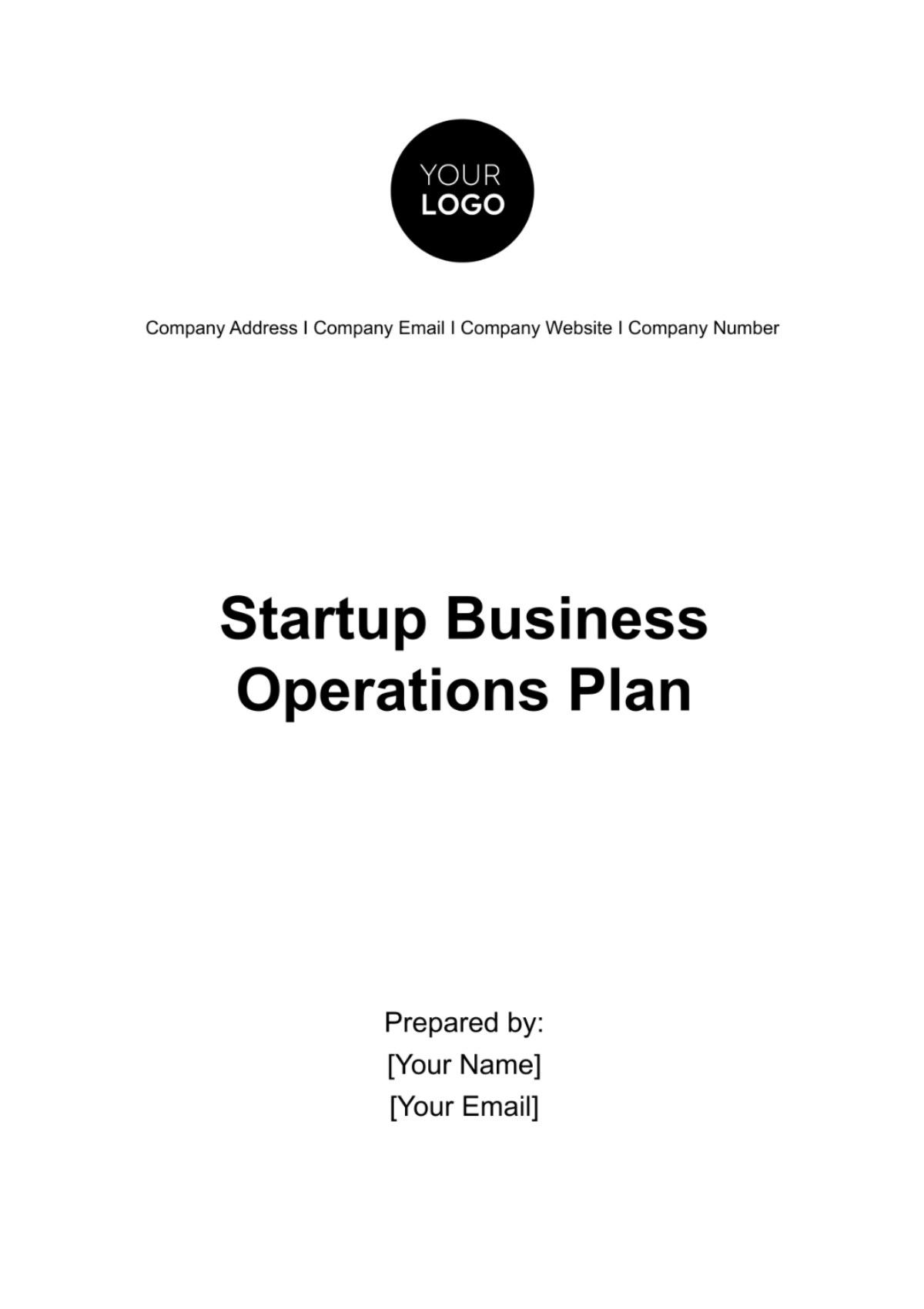Startup Business Continuity Plan Checklist
The Startup Business Continuity Plan (BCP) outlines procedures and protocols to ensure the continuity of critical business functions in the event of disruptions or emergencies. This checklist serves as a guide for developing and implementing the BCP.
Risk Assessment and Business Impact Analysis
Identify critical business functions and resources
Analyze the impact of disruptions on critical business functions
Identify vulnerabilities and evaluate potential threats
Identify types of disasters that could strike the business
Estimate the duration of potential disruptions
Business Continuity Strategies and Requirements
Identify continuity strategies and priorities
Establish a crisis management team
Determine technology requirements for continuity
Prepare location and workspace requirements
Identify necessary resources for each critical business function
Critical Business Functions
Business Function | Description | Recovery Time Objective (RTO) | Dependencies |
|---|---|---|---|
Product Development | Research, design, testing | 2 weeks | IT systems, suppliers |
Sales and Marketing | |||
Operations |
Business Continuity Plans and Procedures
Develop and document continuity policies and procedures
Detail the steps to be taken before, during, and after disruption
Set communication procedures for employees and stakeholders
test the Business Continuity Plan under simulated disruptions
Update and improve the plan based on results from tests
Training and Awareness
Train employees on the role they play during disruptions
Organize regular training sessions for the plan
Educate employees on potential risks and threats
Review the training effectiveness and improve as necessary
Promote awareness of the Business Continuity Plan within the organization
Maintenance and Continuous Improvement
Keep the Business Continuity Plan updated as the business evolves
Conduct periodic reviews of the Plan
Monitor relevant news and developments that affect the organization
Apply feedback and lessons learned from disruptions
Seek continual improvement in the Business Continuity Management system
Recovery Strategies
Backup Systems and Data: Implement automated daily backups of critical data to offsite servers.
Alternative Work Locations: Establish remote work capabilities for employees in case of office closure.
Supplier and Vendor Relationships: Maintain relationships with multiple suppliers and vendors to mitigate supply chain disruptions.
Cybersecurity Measures: Install firewalls, antivirus software, and conduct regular security audits.
Prepared By: [YOUR NAME]









































